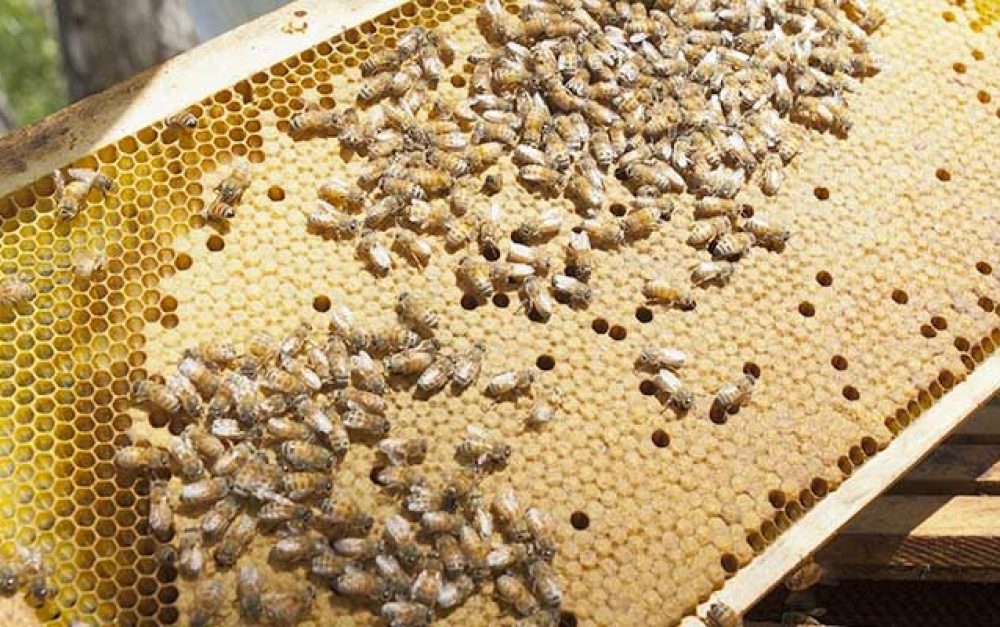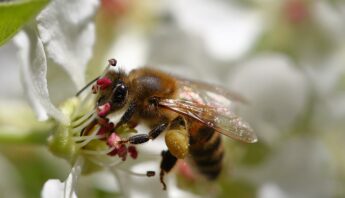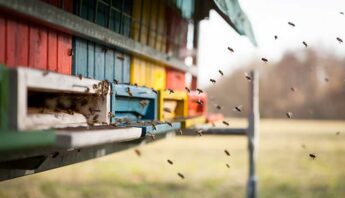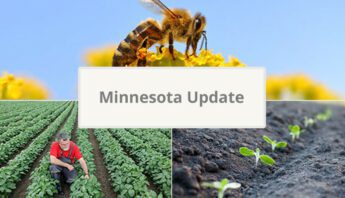St. Paul, MN— Legislative language to create an account for the protection of Minnesota’s pollinators was proposed in the omnibus agriculture finance bill, (HF 895/SF 780) introduced today to Minnesota House and Senate committees. Establishing the “pollinator account” is the first of two legislative actions proposed by the Minnesota Department of Agriculture, based on the findings of its two-year registration review of neonicotinoid pesticides.
“By supporting this pollinator account, our legislators have the opportunity to protect pollinators vital to our state’s agricultural economy,” explained Lex Horan, Organizer at Pesticide Action Network. “The Minnesota Department of Agriculture has confirmed that neonicotinoids can harm and even kill pollinators. When we invest in developing the tools and approaches that farmers need to successfully manage crop pests, our state moves one step closer to eliminating unnecessary uses of pesticides that are costly to farmers and harmful to beekeepers and pollinators.”
According to the Governor’s budget, funds from the account would be used for research and farmer-focused outreach and education. Research funded by the account would focus on developing economic thresholds for common pests of major Minnesota crops. These thresholds are critical for farmers practicing integrated pest management (IPM), because they allow farmers to recognize when pests have reached a population likely to cause economic injury and then make decisions accordingly. IPM is an ecosystem-based strategy that focuses on long-term prevention of pest damage. It emphasizes a combination of tactics such as habitat manipulation, cultural practices, varietal resistance, biocontrol and physical or mechanical removal. Pesticides are used only as a last resort if other methods have not proven adequate, and products are chosen and applied to minimize risks to human health, beneficial and non-target organisms and the environment.
The Department of Agriculture’s metrics for success will include reductions in the use of pesticides that harm pollinator health, increased on-farm IPM practices, increased farmer access to seeds without neonicotinoids and increased pollinator populations.
The account would be funded by fees collected from pesticide companies to register pesticides known to harm pollinators, along with monies from the general fund.
Contact: Lex Horan, Pesticide Action Network, 651.245.1733; lex@panna.org
###







